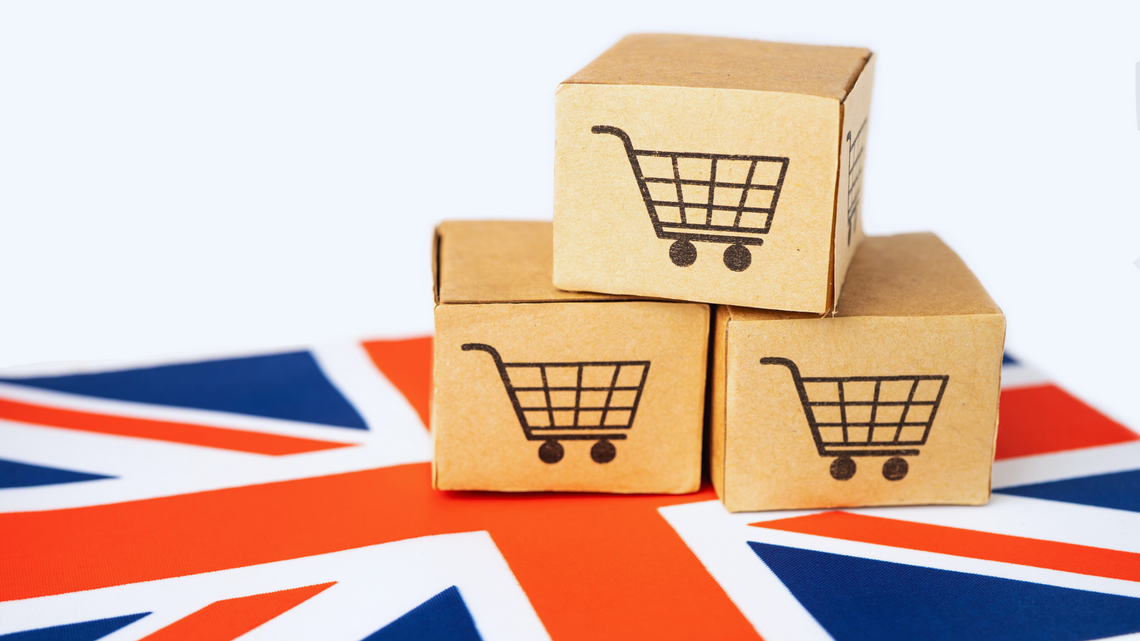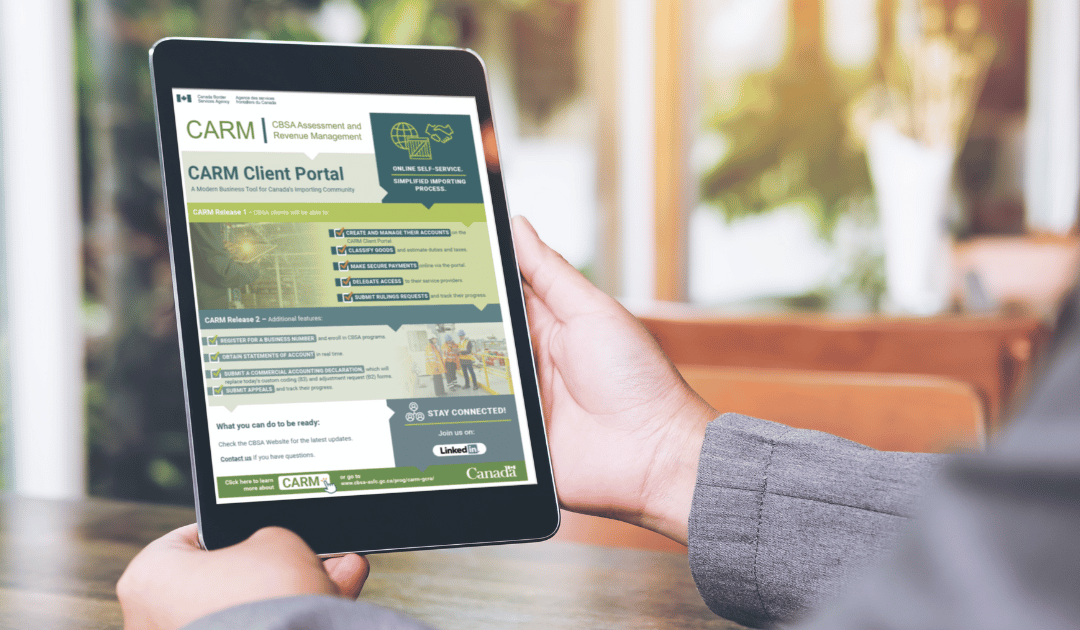As the world of ecommerce continues to thrive, venturing into new markets like the United Kingdom (UK) can offer lucrative opportunities for growth. However, there have been significant import regulation changes in recent years, particularly concerning value-added tax (VAT). As a brand looking to tap into the UK market, it’s crucial to comprehend the intricacies of VAT and the impact it has on your business. In this guide, we’ll help you navigate through the UK’s current B2C import rules to ensure a successful cross-border selling experience.
What is VAT and How Does it Apply to Ecommerce in the UK?
In the context of ecommerce, VAT is essentially a tax imposed on the final consumption of goods or services by end consumers. Businesses selling to customers in the UK are required to collect VAT on eligible transactions and then remit this tax to the UK’s government tax authority, HM Revenue & Customs (HMRC).

UK VAT Rules for B2C Imports
Now that we’ve covered the basic concept of VAT and how it affects ecommerce transactions, let’s get into the UK’s B2C import rules.
Here are the three major regulations you should be aware of:
- No More VAT De Minimis: The UK Government eliminated the previous de minimis threshold of £15 and now mandates VAT on all imported goods.
- Imports Not Exceeding £135: For orders equal to or less than £135, merchants are required to collect VAT at checkout and remit it to HMRC. This threshold applies to the intrinsic value of the goods, excluding shipping, insurance, and freight costs.
- Imports Exceeding £135: For orders over £135, you have two options: (1) You can still charge VAT to your customers at checkout and have your carrier remit it to HMRC when the shipment clears customs. (2) While we don’t recommend this second approach due to a poor customer experience, you can also ship orders Delivered Duty Unpaid (DDU), meaning that VAT won’t be charged upfront. Instead, your recipient will need to pay it at the time of delivery.
Options for Ecommerce UK VAT Compliance
When it comes to UK VAT compliance for ecommerce, you’ll either need to register for your own VAT ID or partner with an international solutions provider like Passport® who can handle collecting and remitting VAT for your transactions. By utilizing the Passport Seller of Record™ (SOR) program, you can save time and money by avoiding complicated registrations and filings. This solution allows brands to use Passport’s VAT number to clear shipments through the UK. Simply collect taxes at checkout from your UK customers and Passport will take care of VAT returns for shipments with the proper tax authorities.
Interested in expanding your business to the UK with Passport’s Seller of Record program? Reach out to our team here to get started.
Frequently Asked Questions
What is the VAT rate in the UK?
The standard VAT rate in the UK is 20%.
Who pays UK VAT?
The end consumer pays UK VAT, however the responsibility for collecting and remitting it to HMRC depends on the order value. For orders up to £135, the merchant must collect VAT at checkout. For orders over £135, VAT can be collected at checkout or paid by the customer upon delivery, depending on the billing terms.
What is the ecommerce tax in the UK?
The ecommerce tax in the UK is value-added tax (VAT), applied at a standard rate of 20% on most goods and services sold to end consumers, including online sales.
How does VAT work in the UK?
In the UK, a 20% value-added tax (VAT) is applied to most goods and services sold, including online purchases. This tax is charged on all imported items, with specific rules for items valued above and below a £135 threshold. For orders up to £135, merchants are required to collect VAT at the point of sale and remit it to HMRC. For orders exceeding £135, VAT can either be collected at checkout or paid by the recipient upon delivery, depending on the billing terms.
What is the VAT rule in the UK?
Most goods and services sold in the UK are subject to a 20% VAT, including online purchases. This tax must be collected at the point of sale for orders up to £135 in value. For orders exceeding £135, VAT can either be collected at checkout or paid by the recipient upon delivery, depending on the billing terms.
Do I charge VAT to UK customers?
If you are selling to customers in the UK, you are required to charge VAT on eligible transactions. For orders up to £135, VAT must be collected at the point of sale and remitted to HMRC. For orders over £135, you can charge VAT at checkout and have it remitted upon customs clearance, or opt for a DDU approach where the recipient will need to pay it upon delivery.
Do US companies need to register for UK VAT?
To comply with UK VAT regulations, US companies can either register for their own local tax ID or partner with a company like Passport, which offers a Seller of Record solution to handle VAT collection and remittance. This program allows brands to use Passport’s VAT number to clear shipments through the UK, avoiding complicated registrations and filings.
Do US companies have to pay UK VAT?
While VAT is ultimately paid by end customers, US companies may need to collect and remit VAT. For orders up to £135, the merchant must collect VAT at checkout. For orders over £135, VAT can be collected at checkout or paid by the customer upon delivery, depending on the billing terms.
How is VAT calculated in the UK?
To calculate UK VAT, first sum up the product price, shipping cost, and insurance to get the CIF value. Then, if customs duties apply, you’ll also need to add these to the CIF value. Lastly, multiply the total (CIF plus any duties) by 0.20, as the VAT rate is 20%.




